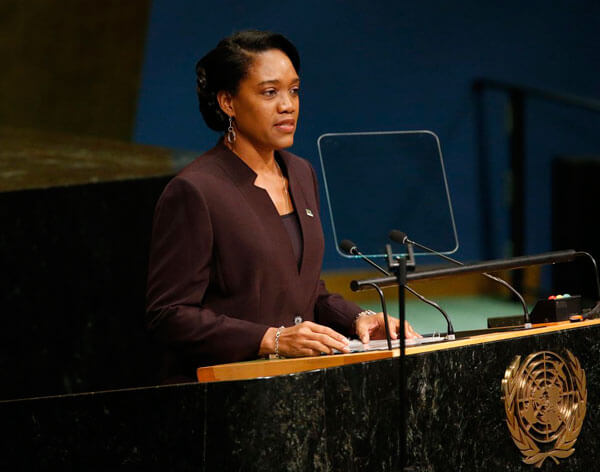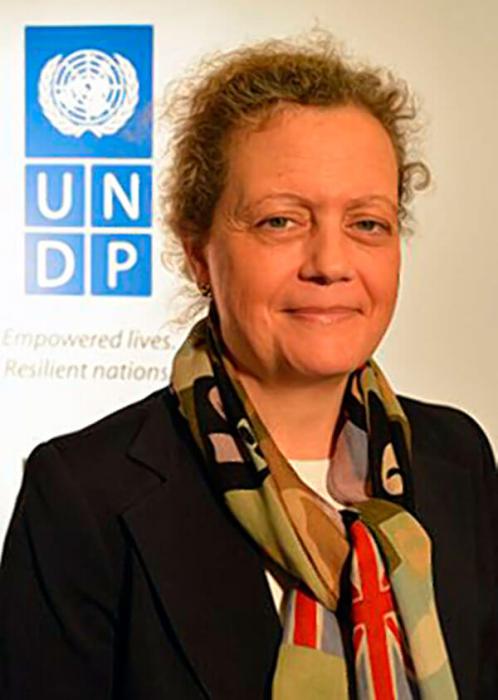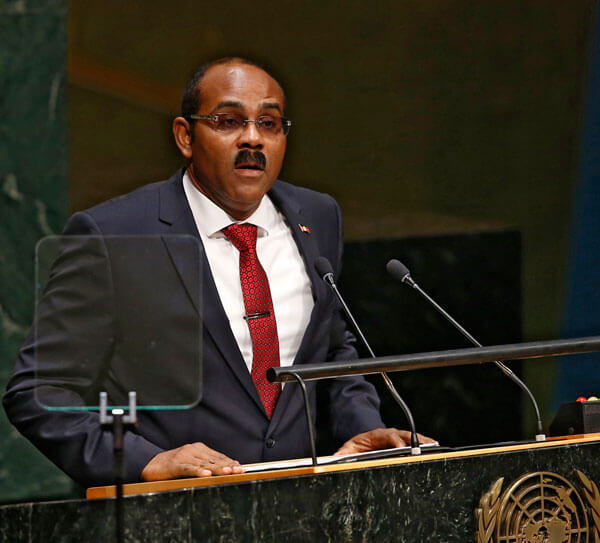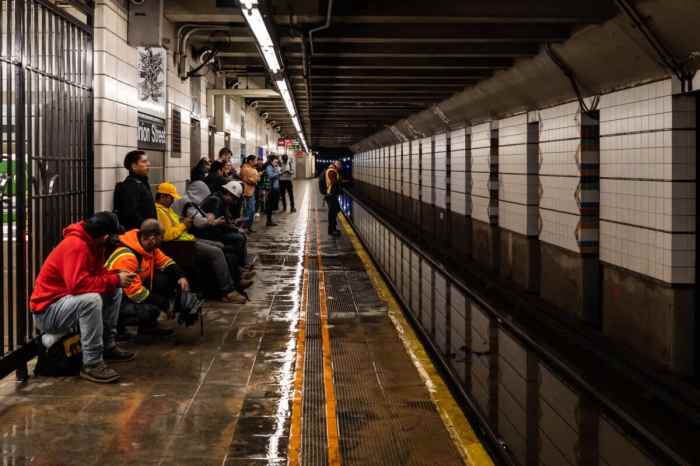With the adoption of the Sustainable Development Goals (SDGs) setting the stage for increasing international discourse and action in the fight against inequality, Dominica says it remains “motivated and committed” to achieving the SDGs.
In addressing the 71st Session of the United Nations General Assembly Debate on Saturday, Minister for Foreign Affairs and Caribbean Community (CARICOM) Affairs Francine Baron said the realization of the SDGs is “not simply about ticking boxes.
“Fundamentally, it is about making a real and meaningful difference in the lives of our citizens,” she said. “However, in order for those essential changes to take place, we must each do more at the national level and all countries must deliver on their commitments according to their respective means. This effort will require more structured and effective partnerships.”
Additionally, Baron said, as focus is placed on SDGs, “we must also sharpen our focus on the impact that climate change continues to have on the development of SIDS (Small Island Developing States),” stating that, in the last few years, “we have witnessed dramatic reduction in agricultural production.
“We are also experiencing more severe and prolonged droughts, often times followed by sudden and high volumes of rainfall which result in massive soil erosion and catastrophic loss and damage,” the Foreign Affairs Minister said.
Likewise, she said the ongoing phenomenon of beach erosion, destruction of coral reefs — “so vital to our tourism product and the character of our islands – risk untold damage, to our prized tourism assets.
“Consequently, the economic impact on SIDS are dire,” Baron said. “More urgent and wide-ranging action is needed in the fight against climate change to ensure our very survival.”
She said Dominica is “painfully reminded” of the devastating impact of climate change, stating that, in less than 24 hours, Tropical Storm Erika took the lives of 30 Dominicans and wreaked havoc on our country’s physical and social infrastructure.
Baron said this single climactic event caused damages estimated at EC$l.3 billion or US$483 million, which accounted for 90 percent of the island’s gross domestic product (GDP).
“One year on, we are making great strides and are on track to ‘build-back better’ and to build more climate resilient and adaptive infrastructure,” she said.
The foreign affairs minister said Dominica’s experience with Tropical Storm Erika is “all too common in the lives of SIDS.
“We continue to suffer the disproportionate burdens and impacts of climate change, which also severely undermines our efforts at sustainable development,” she said.
Also troubling, Baron said are the slow onset events and extreme weather events, brought on as a result of climate change, adding that “these are expected to become more frequent and more destructive.
“What this means for us, in real terms, is that limited resources that should be targeted at transformative and sustainable development — of necessity — have to be continuously shifted to post-disaster rehabilitation,” she said. “This is why Dominica continues its call for collaboration in establishing an International Natural Disaster Risk Fund, to provide timely financial support to SIDS affected by natural disasters.”
She said the current Catastrophic Risk Fund within the Caribbean Development Bank for Caribbean SIDS and the IMF and World Bank Disaster Recovery Facilities are “good starting points.”
But Baron lamented that, in the face of the enormous challenge, “their funding levels remain vastly insufficient.
“We would be quite encouraged should the capitalization of this special Natural Disaster Risk Fund come from the ANNEX 1 members and other major emitters, including voluntary contributors,” she said. “We believe that such a facility would allow SIDS to access and secure funds in a more predictable and timely manner and to be able to [re]build more robust infrastructure through effective technical assistance and physical development planning.
“It would also help these climate-vulnerable countries to build more climate resilient economies and be able to identify vulnerable areas which need to be adapted and mitigated to better deal with any catastrophic future events,” she added.
Baron said the government of Dominica is also taking “effective steps, at the national level, to improve the country’s ability to respond and to deliver in post-disaster situations.”
She noted that, this year, Prime Minister Roosevelt Skerrit outlined a proposal to establish a national Vulnerability Risk and Resilience Fund, which aims to ensure that government has immediate access to financial resources in the event of a natural disaster.
Funds would also be used to finance climate-resilient projects and programs, said Baron, stating that the capitalization of the fund will come from government revenue and returns from government’s investments in renewable energy projects that have already been implemented with grants and concessionary financing through the Green Climate Fund (GCF).
Baron said two projects have already been identified — the geothermal energy project and a national waste-to-energy project.


























